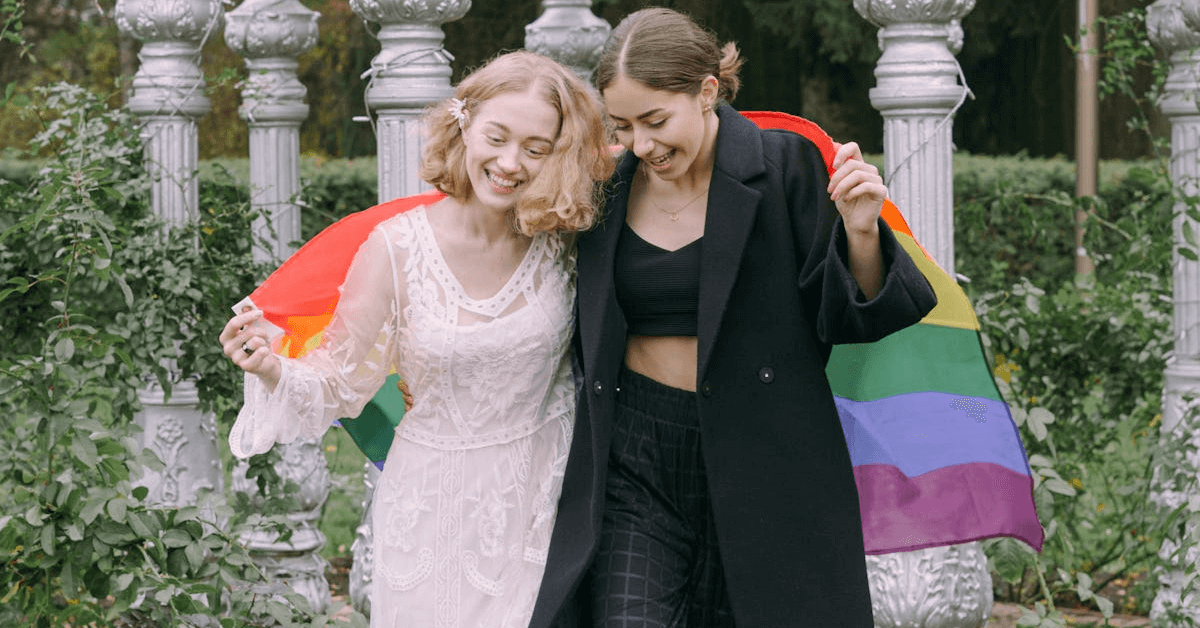Same-sex marriage in Australia for foreigners is legally recognised, allowing couples worldwide to celebrate their love and commitment in Australia.
As long as both partners are of marriageable age and meet the legal requirements, they can marry in Australia regardless of nationality.
Legal Recognition and Requirements
- Legalisation Date: Same-sex marriage has been legal in Australia since 9 December 2017. This historic change was celebrated by many as a significant step toward equality.
- Legislative Change: The Marriage Amendment (Definition and Religious Freedoms) Act 2017 altered the definition of marriage. This legislative change was a result of extensive public debate and a nationwide postal survey.
- New Definition: Marriage is now defined as “the union of two people to the exclusion of all others, voluntarily entered into for life.” This inclusive definition ensures that all couples, regardless of gender, are treated equally under the law.
- Scope: This legal change applies to all marriages conducted in Australia, including those involving foreign nationals. Foreign couples can now enjoy the same legal recognition as Australian residents.
Key Takeaway:
Same-sex marriage has been legally recognised in Australia since 2017, and this law applies to both citizens and foreign nationals.
Also read: Registering Your Overseas Marriage in Australia: Key Points and Steps
Process for Foreigners
Foreigners wishing to marry in Australia must follow the same legal procedures as Australian citizens.
This includes lodging a Notice of Intended Marriage (NOIM) form with an authorised celebrant at least one month before the wedding.
The NOIM is valid for up to 18 months, allowing ample time for planning and preparation.
Key Takeaway:
The process for foreigners to marry in Australia is straightforward, involving submitting a NOIM form at least one month before the wedding.
Need a Lawyer?
Documentation Required
Foreign nationals must provide specific documentation when lodging the NOIM form. This typically includes:
- Valid passports or birth certificates
- Proof of termination of any previous marriages (if applicable)
- Evidence of identity
It is important to ensure all documents are in English or accompanied by a certified translation.
Key Takeaway:
Foreigners need to provide valid identification and proof of any previous marital status when lodging their NOIM form.
Choosing a Celebrant
Australia offers a wide range of authorised celebrants, including civil and religious options. Couples can choose a celebrant who aligns with their personal preferences and values. It is advisable to book a celebrant well in advance to secure your preferred date.
Key Takeaway:
Selecting the right celebrant is an important step in the wedding planning process, and it’s recommended to book early.
Visa Considerations
While getting married in Australia does not automatically grant residency or a visa, couples can apply for appropriate visas to enter the country for their wedding.
It’s advisable to consult with immigration authorities or a migration agent to understand the visa options available.
Key Takeaway:
Foreigners should explore visa options and consult with immigration experts to ensure a smooth entry into Australia for their wedding.
Post-Wedding Legalities
Marriages conducted in Australia are legally recognised worldwide. After the wedding, couples will receive an official marriage certificate, which can be used for legal purposes in their home country.
It’s important to consult with family law experts and check the specific recognition requirements of your home country.
Key Takeaway:
Same-sex marriages conducted in Australia are internationally recognised, but couples should verify the recognition process in their home country.
Australia’s progressive stance on same-sex marriage offers a welcoming environment for foreign couples to celebrate their union.
By understanding and following the legal requirements, documentation needs, and planning considerations, foreign nationals can seamlessly organise their same-sex wedding in Australia.

